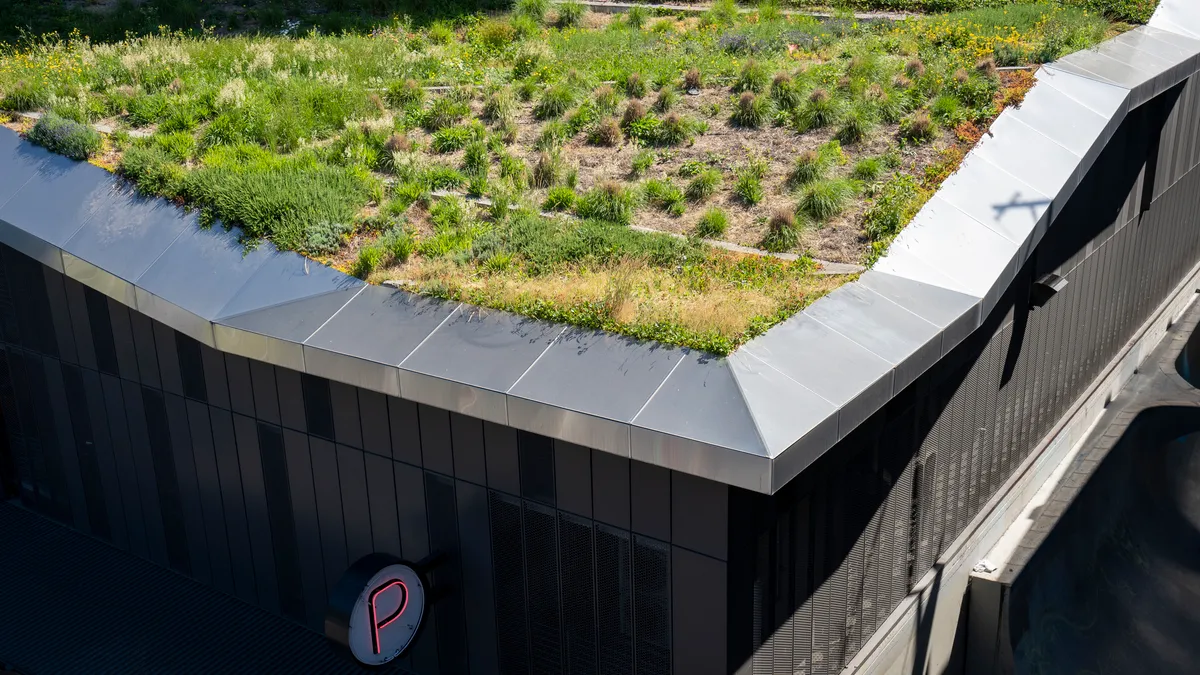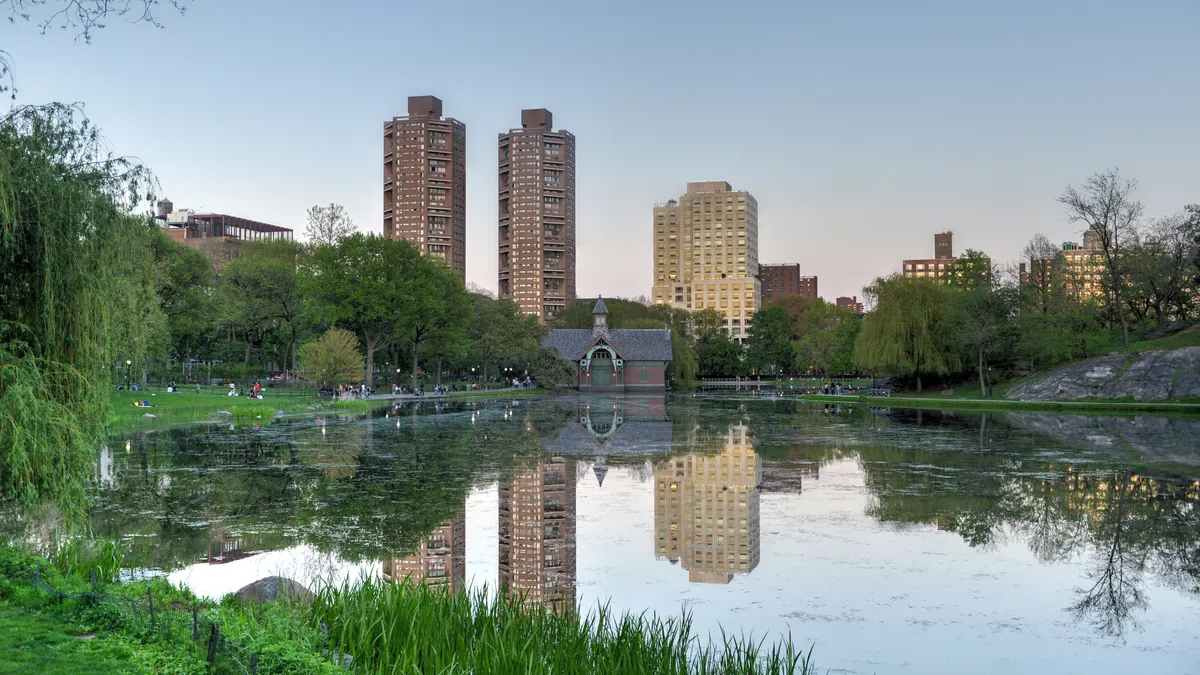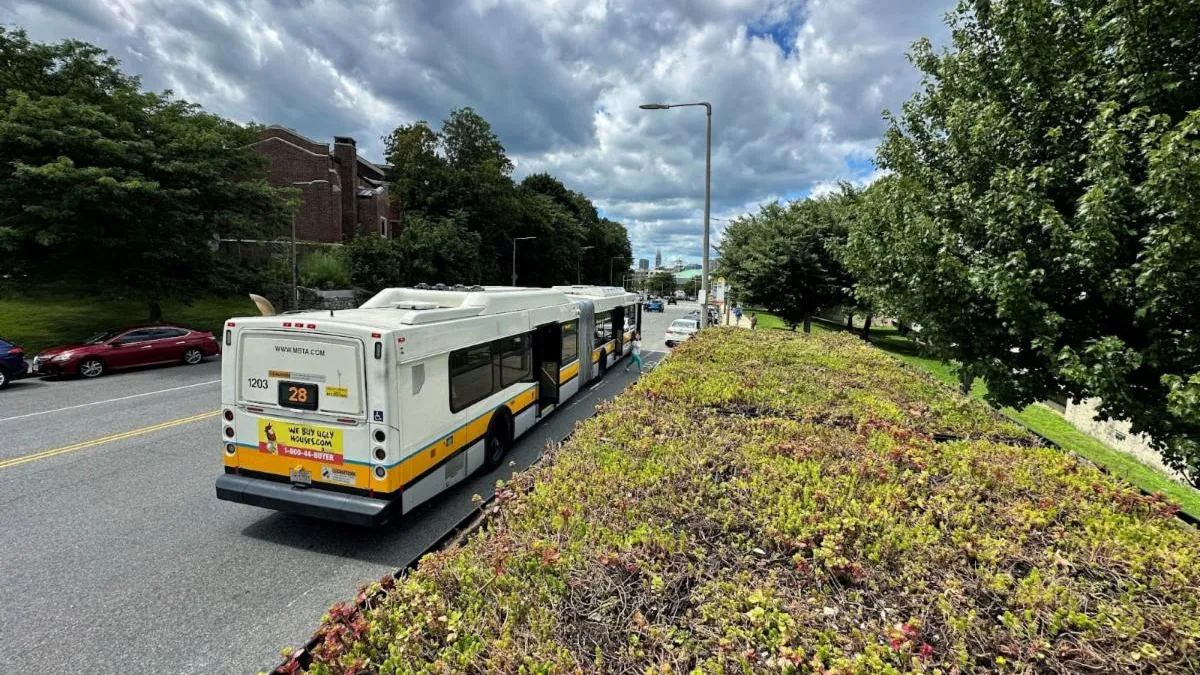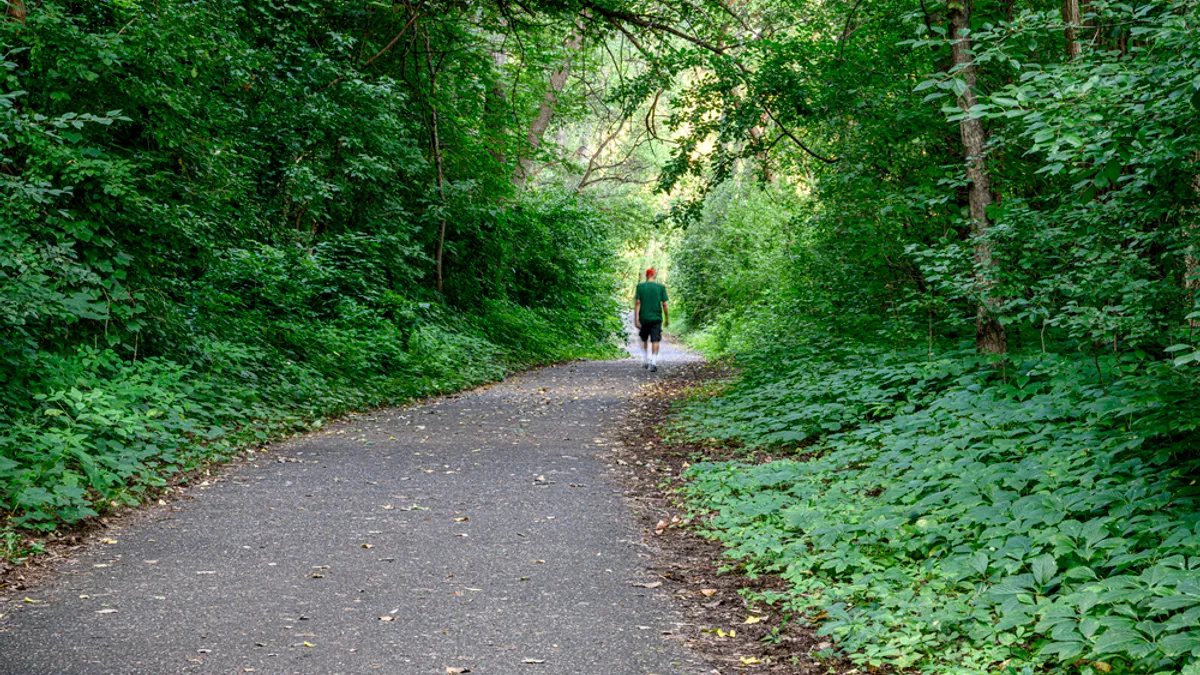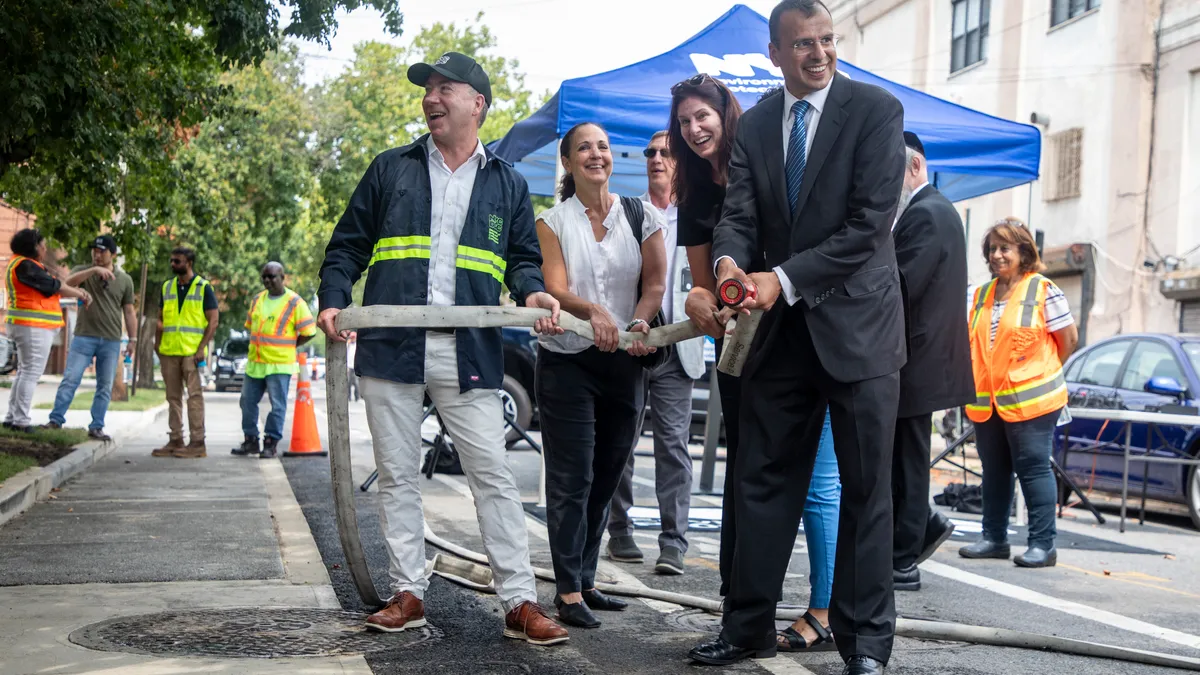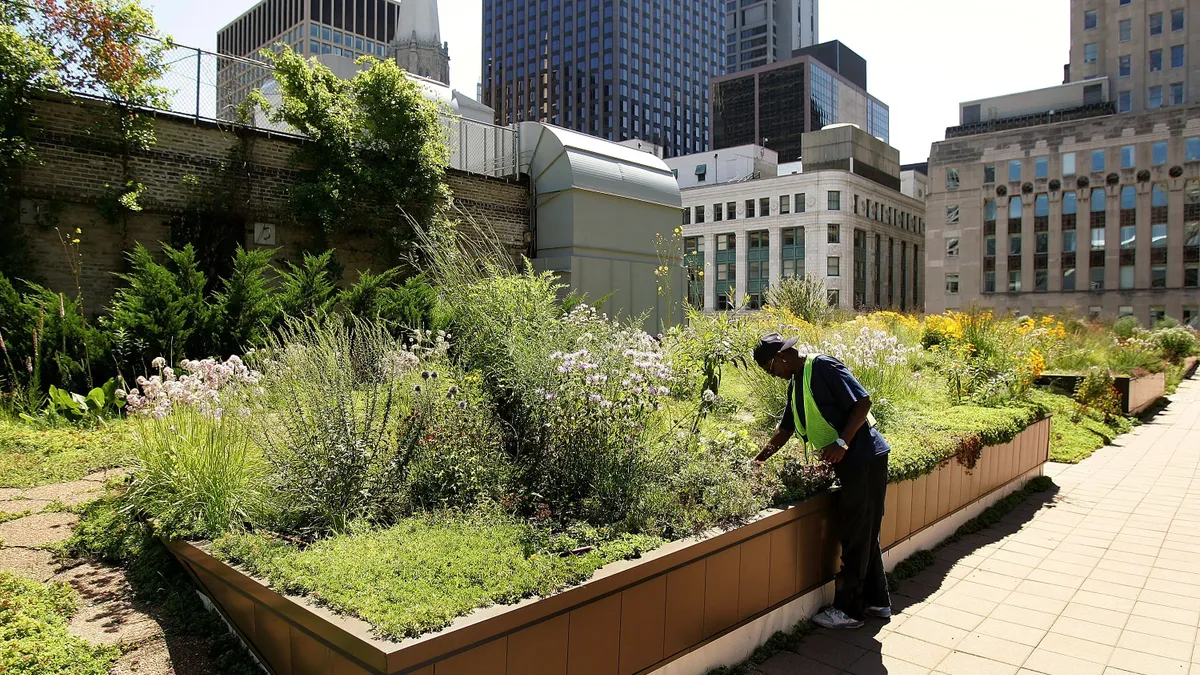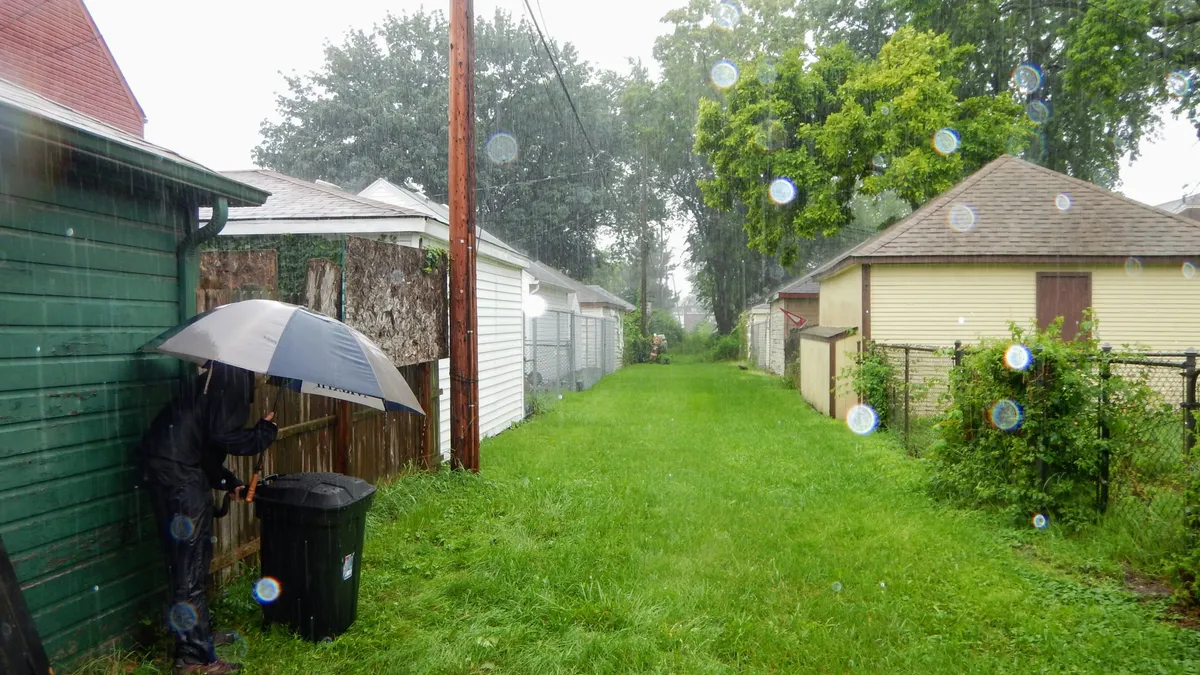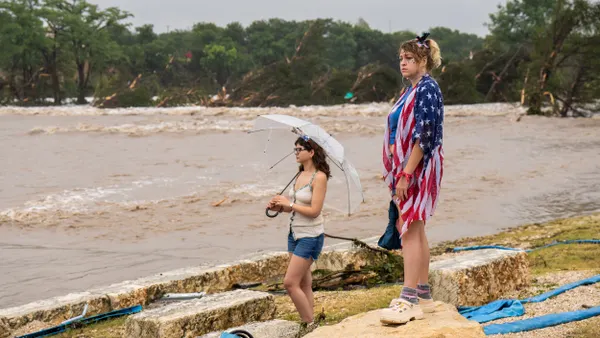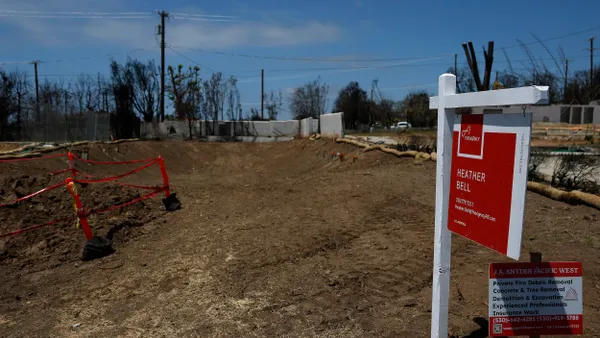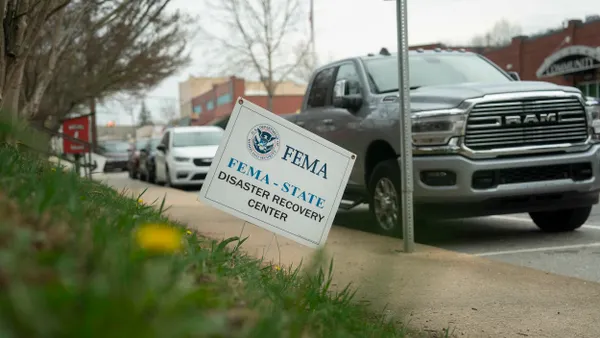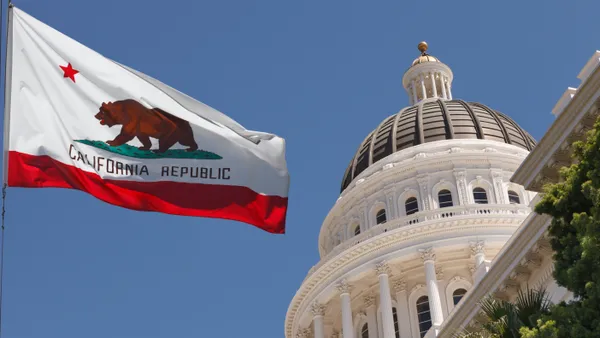Bustling cities may seem far removed from a tranquil wetland or a quiet forest, but more urban leaders in the U.S. are trying to bring at least a little bit of nature back to their communities to mimic some of the benefits provided by such ecosystems.
Part of that push involves investments in green infrastructure, an umbrella term used to describe practices that use or replicate natural systems to achieve a desired outcome, according to the U.S. Green Building Council. That encompasses a range of strategies from green roofs to urban forests to permeable pavements.
Often, the term green infrastructure is specifically used in relation to stormwater management and to distinguish from gray infrastructure, or traditional engineered methods for capturing stormwater, like pipes and drains. The U.S. Environmental Protection Agency advises communities to use green and gray infrastructure in tandem to best manage stormwater.
But what does green infrastructure actually look like on the ground in communities across the U.S.? Here’s a collection of stories about the specific strategies cities and states are investing in and some of the major trends in the urban green infrastructure space.



